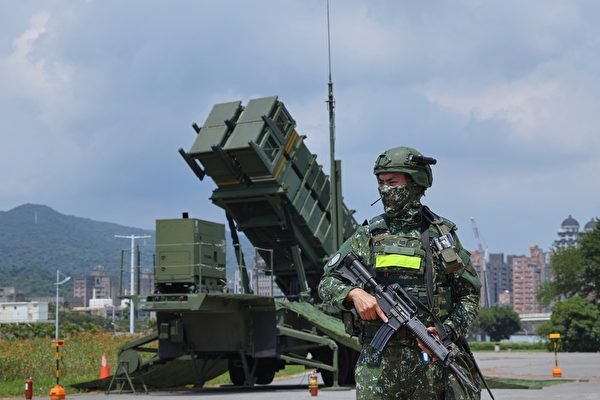The recent activities of Chinese military aircraft near Taiwan have once again highlighted the ongoing tensions in the region. Just one day after US Secretary of State Antony Blinken concluded his visit to China, Taiwan reported the intrusion of 12 Chinese military aircraft crossing the median line of the Taiwan Strait. This incident underscores the challenging task of resolving the longstanding disputes between the US and China, particularly regarding Taiwan.
Despite the absence of formal diplomatic relations, the United States remains Taiwan’s most crucial international supporter and arms supplier. Blinken emphasized the importance of maintaining peace and stability across the Taiwan Strait during his visit to China, indicating America’s unwavering commitment to the region.
In recent years, China has significantly increased its military exercises and drills around Taiwan, exacerbating the pressure on the democratic island. While the Chinese Communist Party claims sovereignty over Taiwan, the Taiwanese authorities vehemently reject Beijing’s territorial assertions.
According to Taiwan’s Ministry of National Defense, as of 9:30 am on Saturday, 22 Chinese military aircraft, including Su-30 fighter jets, KJ-500 early warning aircraft, and unmanned aerial vehicles, were detected operating near the Taiwan Strait. Among them, 12 aircraft crossed into Taiwan’s Air Defense Identification Zone in the northern and central regions, prompting a swift response from the Taiwanese military.
The Taiwanese defense forces deployed joint surveillance measures and dispatched aircraft, ships, and anti-aircraft missile systems to monitor and counter the Chinese military activities. The Taiwan Strait median line, once an unofficial boundary between the two sides, has increasingly been disregarded by Chinese military aircraft, reflecting Beijing’s refusal to acknowledge its significance.
Taiwan boasts a well-equipped and trained armed forces, but the Chinese People’s Liberation Army maintains a significant advantage in terms of military capabilities. Beijing considers the Taiwan issue as a critical factor in US-China relations and repeatedly urges Washington to cease arms sales to Taiwan.
President-elect of the Republic of China (Taiwan), Lai Ching-te, is set to assume office on May 20th. Lai stated on Thursday that Beijing should have the confidence to engage in dialogue with the legitimately elected Taiwanese government. Similar to outgoing President Tsai Ing-wen, Lai emphasized that only the Taiwanese people have the right to determine their future and stressed the importance of respecting Taiwan’s sovereignty and democratic processes.

